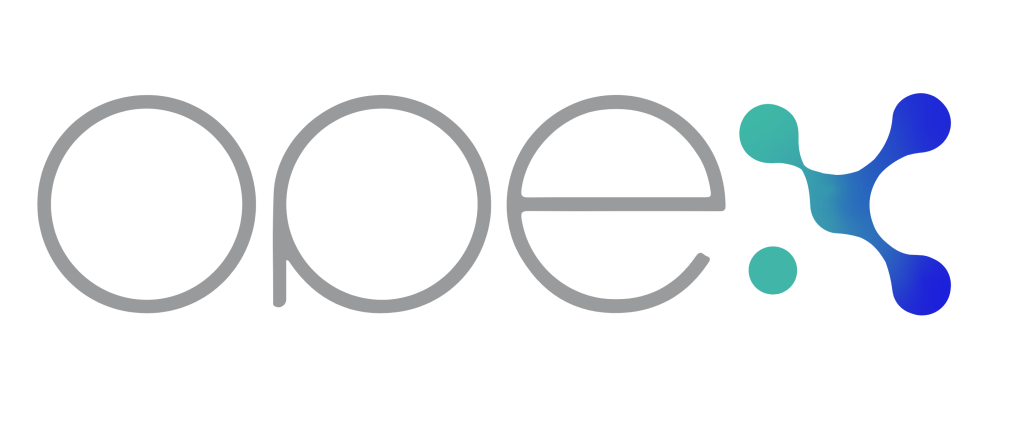
WHAT IS OPEX
OPEX is an open source project representing the name open experience in web 3.0 technology. The project tries to provide a wide range of payment service providing facilities in blockchain ecosystem mostly for B2B sector businesses and firms.
At the first step of development OPEX was an OPen source EXchange platform for cryptocurrencies. Feature-wise, OPEX has everything cryptocurrency exchanges have, including user account on-boarding, user management, wallet management, matching engine, and deposit/withdraw gateways. Moreover, from the performance and security viewpoint, the project can compete with the industry’s top players due to the team’s background in the enterprise banking and payment sector.
OPEX Services and Features
FT ,NFT & DeFi DEX
This product line caters to decentralized finance (DeFi) and enables the trading and exchange of fungible tokens (FT), non-fungible tokens (NFT), and participation in decentralized exchanges (DEX). It provides users with the ability to trade directly on decentralized platforms, enhancing security and eliminating the need for intermediaries.
Tokenization Platform
The tokenization platform product line focuses on enabling the creation, issuance, and management of tokens on blockchain networks. It offers tools and infrastructure for businesses and individuals to tokenize various assets, such as real estate, artwork, or intellectual property, thereby unlocking liquidity and facilitating fractional ownership.
Software Multi-Wallet
This product line revolves around providing a software solution for managing multiple cryptocurrencies in a single wallet. It offers users a convenient and secure way to store, send, and receive various digital assets, ensuring compatibility with different blockchain networks and providing essential features like private key management and transaction tracking.
FT, NFT & Fiat OTC & P2P Central Exchange (CEX)
This product line focuses on providing services for trading and exchanging various cryptocurrencies (FT – fungible tokens, NFT – non-fungible tokens) and traditional fiat currencies. It includes Over-the-Counter (OTC) trading services, catering to large volume transactions, as well as support for centralized cryptocurrency exchanges (CEX).
Payment Network
The payment network product line focuses on facilitating cryptocurrency-based transactions and enabling seamless integration with traditional payment systems. It provides merchants and businesses with the infrastructure to accept cryptocurrencies as a form of payment, offering secure and efficient payment processing, conversion to fiat currencies, and settlement services.
Business Model
An MIT licensed open-source crypto payment service provider business operates under a unique business model that differs from traditional profit-driven enterprises. Here’s an overview of how they earn and develop code:
- Earning Model: Instead of generating revenue directly from selling software licenses or charging transaction fees, an open-source crypto payment service provider business may employ alternative earning models, such as:
- Support and Consulting: They can provide paid support services and consulting to clients who require assistance in setting up, customizing, or troubleshooting their crypto payment systems.
- Value-added Services: They may offer additional services, such as advanced analytics, reporting tools, or integration services, for which customers are charged a fee.
- Donations and Grants: Open-source projects often rely on community support through donations or grants from individuals, organizations, or foundations that value the project’s mission and goals.
- Code Development: The development of code in an open-source crypto payment service provider business typically follows a collaborative and community-driven approach. Key aspects include:
- Community Contributions: Developers from around the world contribute to the project by submitting code, suggesting improvements, and fixing bugs. This distributed development model benefits from the collective expertise and diverse perspectives of the community.
- Peer Review: The code undergoes thorough peer review, where community members review, critique, and test the code for quality, security, and adherence to best practices. This helps ensure the reliability and integrity of the software.
- Transparency and Accessibility: The source code is freely available and accessible to anyone. This fosters transparency, encourages collaboration, and allows developers to learn, modify, and redistribute the code.
- Continuous Improvement: The codebase evolves through iterative development cycles, driven by community feedback, bug fixes, and feature enhancements. The open nature of the project encourages ongoing innovation and improvement.
While an MIT licensed open-source crypto payment service provider business may not generate direct monetary profits, it benefits from a vibrant community ecosystem, collective expertise, and the potential to drive widespread adoption and innovation in the crypto payment industry.
LINKS
OPEX Project Github Page
OPEX Company LinkedIn Page
OPEX Cryptocurrency Exchange Web Page
OPEX Cryptocurrency Exchange Sample Product
